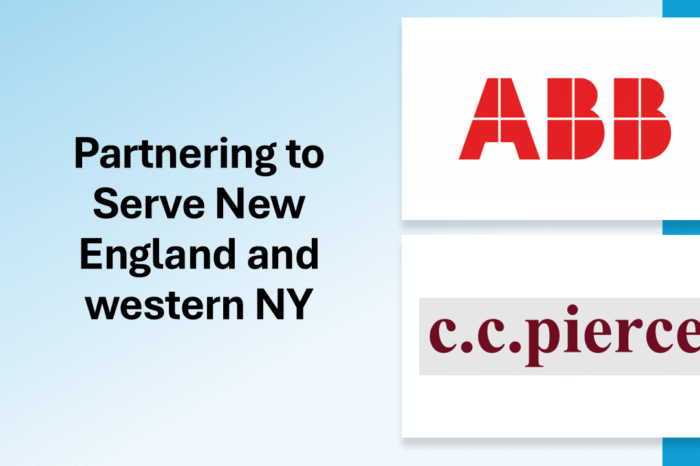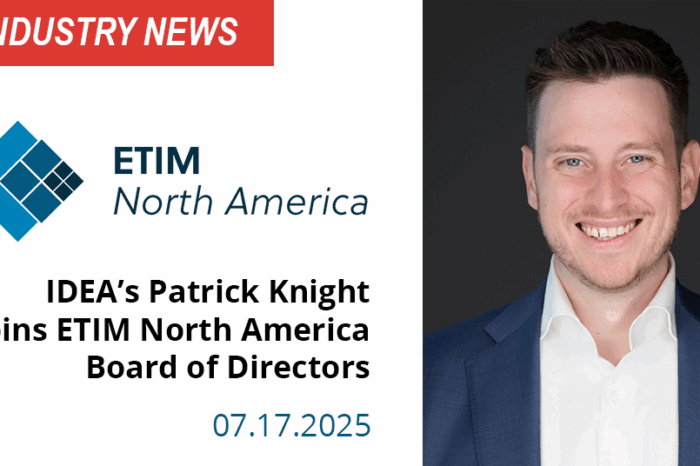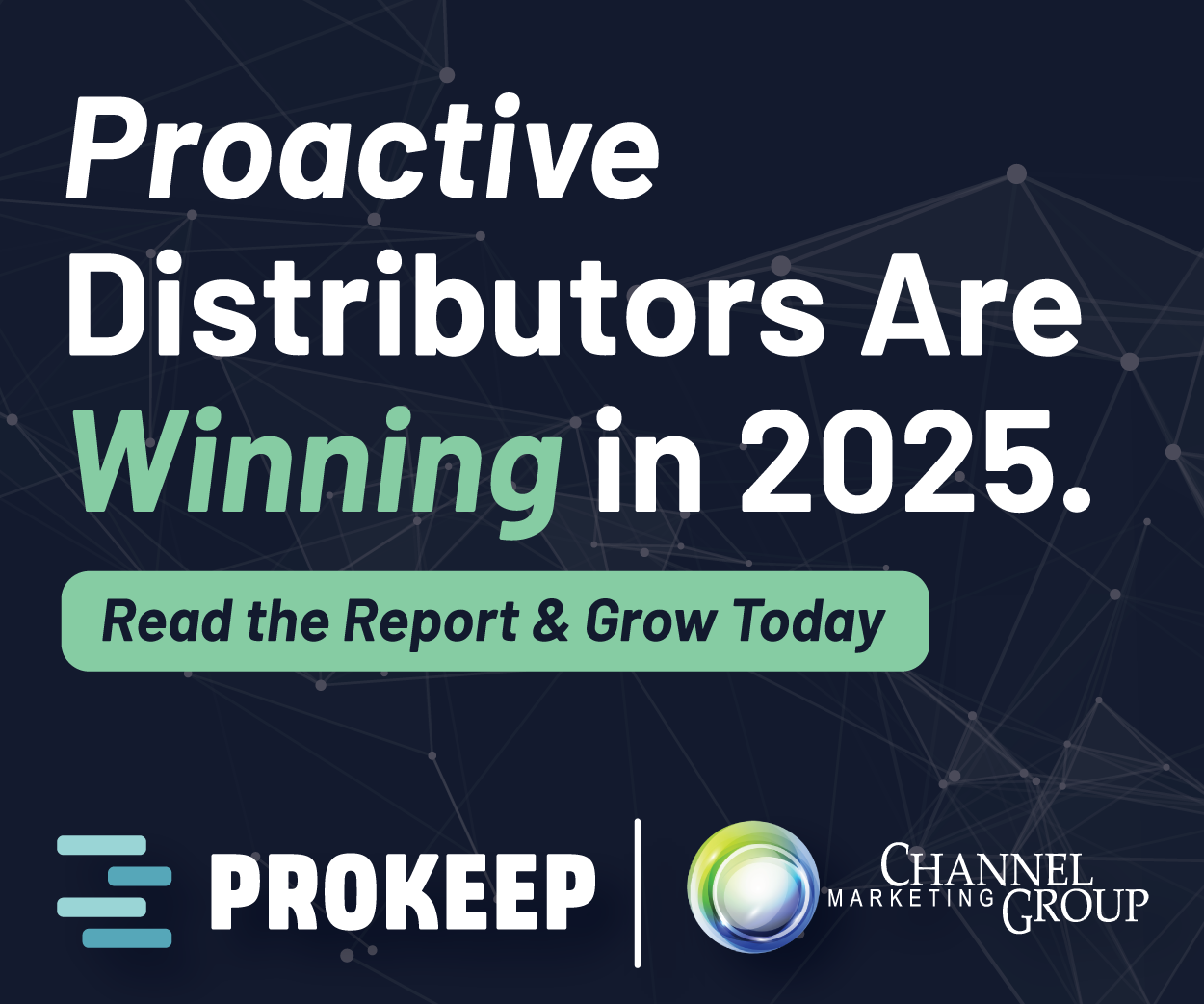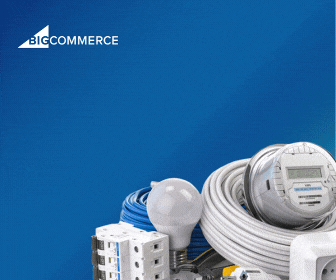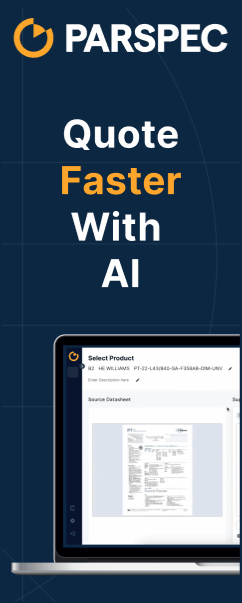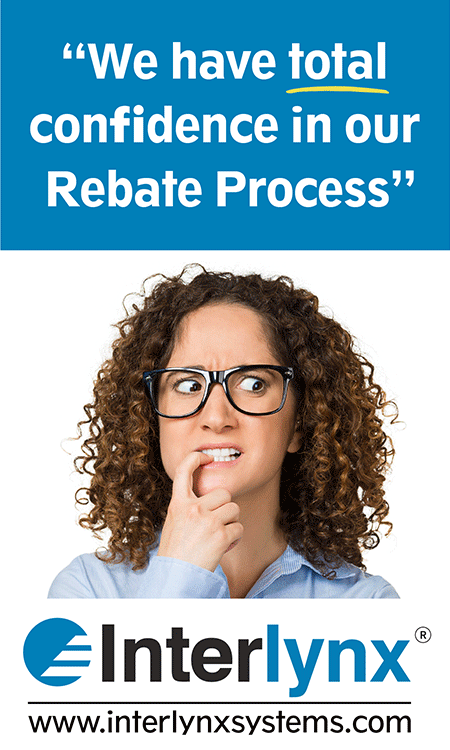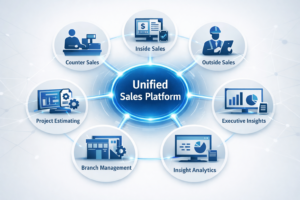Mayer Goes Premier; Changing Switchgear Market
Last week, Mayer Electric announced that it was converting all of its branches to Square D by Schneider Electric (Square D) for switchgear and control products. This decision impacted their North Carolina, South Carolina, Tennessee, Houston and Pittsburgh locations as they had converted the remainder of the company previously.
Some background that may have created the opportunity
Ever since GE announced that they would be selling their Industrial Solutions group to ABB distributors have been talking about the switch gear / control segment of the business. In some cases it has no impact and its general industry discussion. In other cases distributors are looking for a crystal ball to integrate how this may impact their business and maybe their strategic plan. And with the need for a robust due diligence process due to two global companies doing a global deal, it takes time. Time can be a challenge, it can also be an opportunity. Lack of clear future direction, which is impossible, creates opportunity for competitors and/or opportunities for distributors to evaluate their position based upon their frame of reference.
Schneider and Mayer
While the decision was communicated to manufacturers on the 10th, we received word from sources the morning of the 11th. We’ve talked to distributors (a number who called) as well as some suppliers and Mayer.
Some thoughts knowing the manufacturers and a little about Mayer (they are not a client and none of this information is confidential):
- Mayer had, at least, Siemens and GE in these other locations. The reason for “at least” is don’t know if Square D had any position in these states.
- Let’s presume that Square D had “competent” sales management calling on Mayer. The reason for the word “competent” is that it’s hoped that sales would be, perhaps regularly, asking about conversions.
- We don’t know who precipitated the conversation about going exclusive / the branch conversions.
- And Mayer, for those not in the Southeast, is primarily known as a commercial construction-oriented contractor distributorship with some industrial business but it would like to become more diversified … which is understandable.
- So, Mayer sees the ABB / GE deal and wonders “what could it mean for them”
- And let’s assume, because Wes Smith’s industry announcement mentions this, that Mayer is giving consideration to its long-term strategic plan.
- So, Mayer does due diligence on Square D’s product offering, maybe inquiries about its longer-term road map, gains more confidence, or has experience from existing support, regarding the industrial offering, discusses with regional management and sees benefits of going exclusive … and a deal is negotiated.
Having a sense of the Mayer culture, which is to be inclusive and desirous of being loyal but not to the detriment of the company.
During the process none of their other switchgear suppliers are advised about their longer-term plans. In fact, the first inkling that any of them receive is either a call or a call and a visit on the day before the decision to go exclusive is made public.
And it is a long-term decision as they previously converted from Eaton to Square D and now from GE (and essentially ABB) and Siemens. Nowhere else to turn.
In a note released to the industry, Wes Smith commented:
Mayer Electric Supply and Square D by Schneider Electric announce new single-line partnership
“Mayer Electric Supply (Mayer) is pleased to announce that we have become a Premier Partner with Square D by Schneider Electric (Square D) across our entire line of distribution, control, drive and automation products. This is a significant change in our gear alignment strategy, and will help ensure Mayer’s ability to provide to our customers the highest-quality products, innovative solutions, unrivaled service and measurable value beyond distribution.”
“We live in an ever-changing world, and Mayer must respond to environmental changes across our competitive and supplier landscapes – changes that are happening at a faster pace than ever. To sustain our First Choice advantage, we proactively are evolving to ensure that we remain the most-knowledgeable, digitally connected partner in the industry. For us, this means establishing fewer, deeper relationships with key partners. Square D is the world’s leading gear and control manufacturer and, after careful consideration, we fully are confident that this strategic decision is the right move at the right time for Mayer.”
“During this transition and beyond, we remain dedicated to preserving our culture and values – the bedrock of our success. These core principles define who we are, how we treat each other and how we conduct business. Through our new partnership with Square D, we’ve set the stage for success for our Associates, family owners and every one of our customers for many years to come.”
ElectricalTrends was graciously offered the opportunity to ask some questions (which we didn’t expect to be answered publicly) but we wanted to provide full disclosure to Mayer what we were hearing and thinking.
Which starts to beg some questions:
- With a committed relationship, is there an ongoing commitment for Square D to support Mayer beyond the existing locations be they locations within the current footprint, expansion and conversions from potential acquisitions?
- From an acquisition viewpoint, perhaps Square D distributors can command a premium vs non-Square D distributors if considering selling to Mayer as Mayer would need to assume it cannot convert all of the existing switchgear business … especially project. Or will they be willing to overpay?
- How quickly is the conversion expected to happen? With the announcement made, others in those markets will be pursing contractors for their Siemens / GE business. In the near future / 2018, Siemens and GE may not lose any business as all or a significant percent may convert to another distributor.
- Square D’s historical US strength is the commercial and residential construction markets, Mayer’s conversion and desire for diversification into the industrial market, which is growing in the South, may say something about Square D’s industrial vision, offerings and product roadmap?
- With strong competitors already aligned with Square D (CED based upon location, Graybar, Sonepar based upon operating company, Crescent and then multiple smaller distributors who have geography niches), how does this create a differentiator for Square D? It could say something about their commitment to the level of support that they provide to small distributors.
- And Mayer converted from two IMARK lines to a non-IMARK line … either negotiated a good / better deal or considered the overall strategic value.
This then gets to a bigger questions of:
- Is it a potential decision-making roadmap for other significant / regional distributors?
- What are competitor strategies?
Eaton’s November letter
Eaton’s approach to the aforementioned opportunity in the marketplace was different than the Mayer / Square D initiative where the parties took action.
In November, prior to the NAED Eastern, Eaton sent a letter to its distributors. While the copy we were sent is addressed to “Dear Valued Partner” hopefully Eaton was more personable and personally addressed the letter to its distributor decision-makers via a mail merge
Some key lines from the letter (and click on the graphic to read it more clearly):
- “More clearly defining its channel strategy (based upon its market leading position and investments into the business)
- Moving toward more committed channel partners
- Benefits due to greater alignment
- Updated position:
- Any existing distributor who chooses to add a new distribution equipment competitor to their shelf or begin participating in the promotion or sale of a competing product will immediately be considered non-supportive in the legacy Eaton categories in the Eaton Advantage Program
- Those distributors could forfeit access to our switchgear module or potentially lose support of distribution and control equipment in total.”
So, you can lose rebate dollars and potentially could lose parts of the line or the whole line.
Some questions:
- So if already have multiple, that’s okay to keep for those locations?
- What happens if a distributor adds a branch?
- What happens if they make an acquisition?
- What happens if a distributor moves into a new market (acquisition or start-up) but Eaton doesn’t want them in that geographic market due to competitive environment? Is there mutual reciprocity to a “follow-me” strategy?
- What happens if the distributor wants to diversify their business (enter construction market or enter industrial market) but Eaton doesn’t want to support them in that market?
Feedback from others has also had them say “wonder what will happen if a large / important distributor adds a line?” Will Eaton pull the line? Really reduce the rebate? And if they reduce the rebate, will anyone know?
The market is changing. The concept of “authorized locations” may get more cloudy given:
- The need to serve industrial and contractor accounts who want to buy from a specific distributor for projects / locations outside that distributor’s territory (i.e. national / strategic accounts and “traveling / large” contractors)
- eCommerce, especially if distributors use their site to solicit new customers
- Distributors and manufacturers are evaluating their longer-term options. Square D, at least in the case of Mayer, is thinking strategic. So was Mayer. Eaton, from what we are hearing, is more opportunistic. Sometimes seeking conversions that result in marketplace saturation; sometimes strategically using for conversions that align with a distributor’s strategic need. GE / ABB can’t execute on much yet, however, it could be assumed that ABB is developing its plan and that it is also planning on investing into people as well as the GE product platform / roadmap (execution timing is unknown). Siemens, personally have no idea / insight.
- According to feedback, Square D, at least to some, is selling its vision. Eaton, conversely, we’re told, especially given the tone of the letter is “demanding loyalty.”
Thoughts
The question for distributors become:
- Who to invest with and support?
- Longer-term, is a distributor known, as historical, by its switchgear company or does the distributor brand command preference in the marketplace (and does a distributor need to invest more to earn the large project specs?)






